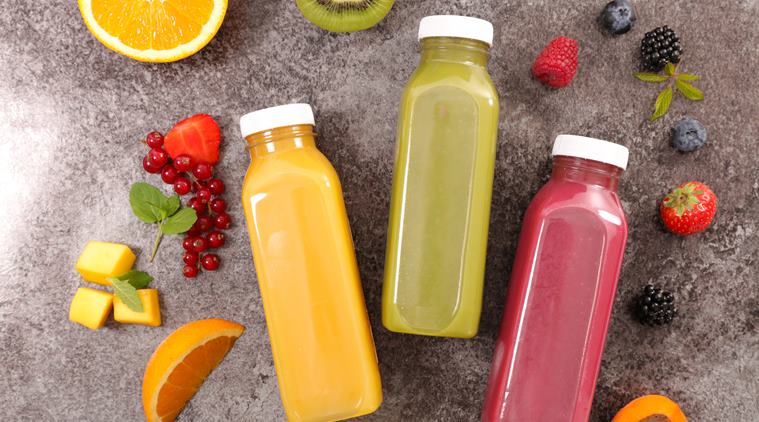Even naturally sweet drinks may increase diabetes risk: Study
The study looked at 22-26 years' worth of data from more than 1,92,000 men and women participating in three long-term studies.

Naturally sweet drinks, such as 100 per cent fruit juices, as well as artificially sweetened beverages, such as “diet” soft drinks, could also increase a person’s risk of type 2 diabetes, suggested a new study.
The study, published in the journal Diabetes Care, observed that if people increase their consumption of sugary drinks — even if they have added or natural sugar — they are at moderately higher risk of type 2 diabetes.
ALSO READ | Type 2 diabetes: The best drink to have at breakfast to lower blood sugar all day
The study from Harvard T H Chan School of Public Health noted that consuming artificially-sweetened drinks (ASBs) instead of sugary beverages did not appear to lessen diabetes risk. Contrariwise, it was observed that diabetes risk decreased when one daily serving of any type of sugary beverage was replaced with water, coffee, or tea. It is the first study to analyse the connection between long-term changes in SSB and ASB consumption and type 2 diabetes.
“The study provides further evidence demonstrating the health benefits associated with decreasing sugary beverage consumption and replacing these drinks with healthier alternatives like water, coffee, or tea,” said lead author Jean-Philippe Drouin-Chartier, postdoctoral fellow in the Department of Nutrition.
The study looked at 22-26 years’ worth of data from more than 1,92,000 men and women participating in three long-term studies — the Nurses’ Health Study, the Nurses’ Health Study II, and the Health Professionals’ Follow-up Study. Researchers calculated changes in participants’ sugary beverage consumption over time from their responses to food frequency questionnaires administered every four years.
ALSO READ | Can a diabetes patient have dates?
Moreover, the researchers found that replacing one daily serving of a sugary drink with water, coffee or tea (but not with an ASB) was associated with a 2-10 per cent lower risk of type-2 diabetes.
“The study results are in line with current recommendations to replace sugary beverages with noncaloric beverages free of artificial sweeteners. Although fruit juices contain some nutrients, their consumption should be moderated,” said Frank Hu, Fredrick J Stare professor of nutrition and epidemiology and senior author of the study.
Source: Read Full Article


